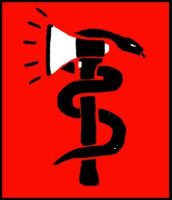
La estrategia del timo de Otegi
Arnaldo Otegi ha defendido públicamente al diputado de EH Bildu, Julen Arzuaga, tras sus insultos de odio vertidos en la tribuna del Parlamento Vasco contra los representantes allí presentes de la Guardia Civil y de la Policía Nacional, cuerpos a cuyos miembros ETA persiguió y asesinó durante largos años. "Montaron una provocación y yo voy a defender lo que hizo Julen Arzuaga. Cuando ves a gente así en el Parlamento, cuando sabes que es gente armada y que es gente que en este país ha hecho muchas cosas, puede ser normal tener un calentón".
Otegi siempre es así. Siempre fue así.… Seguir leyendo »










